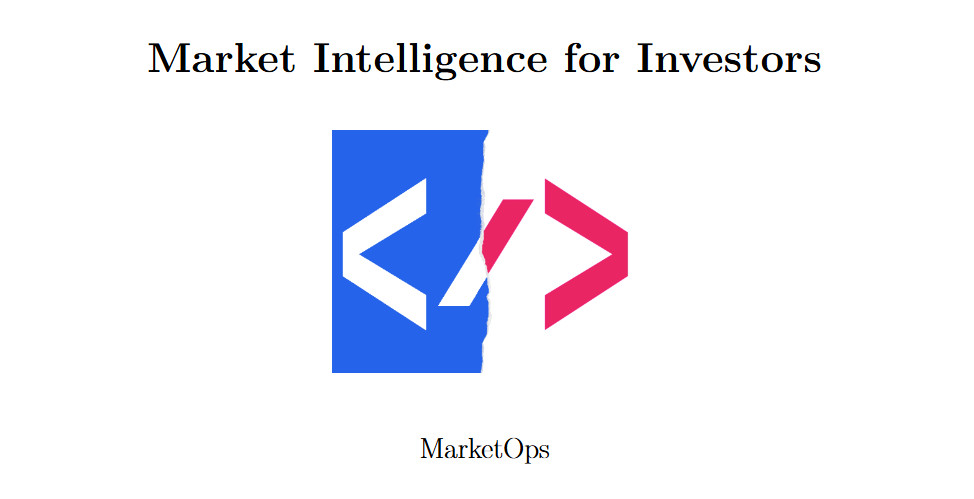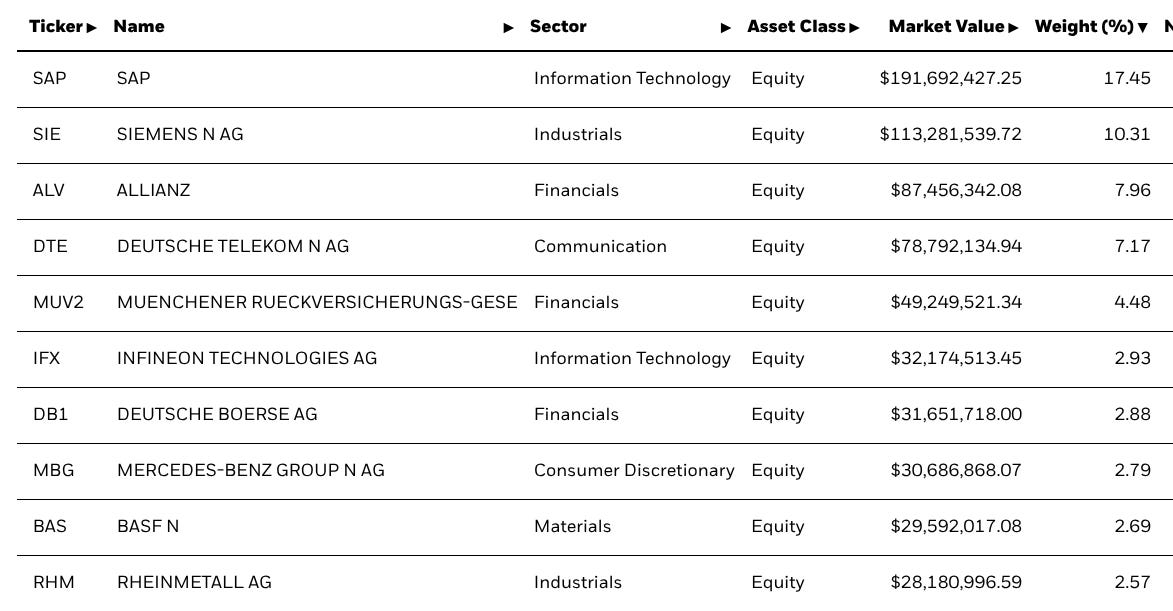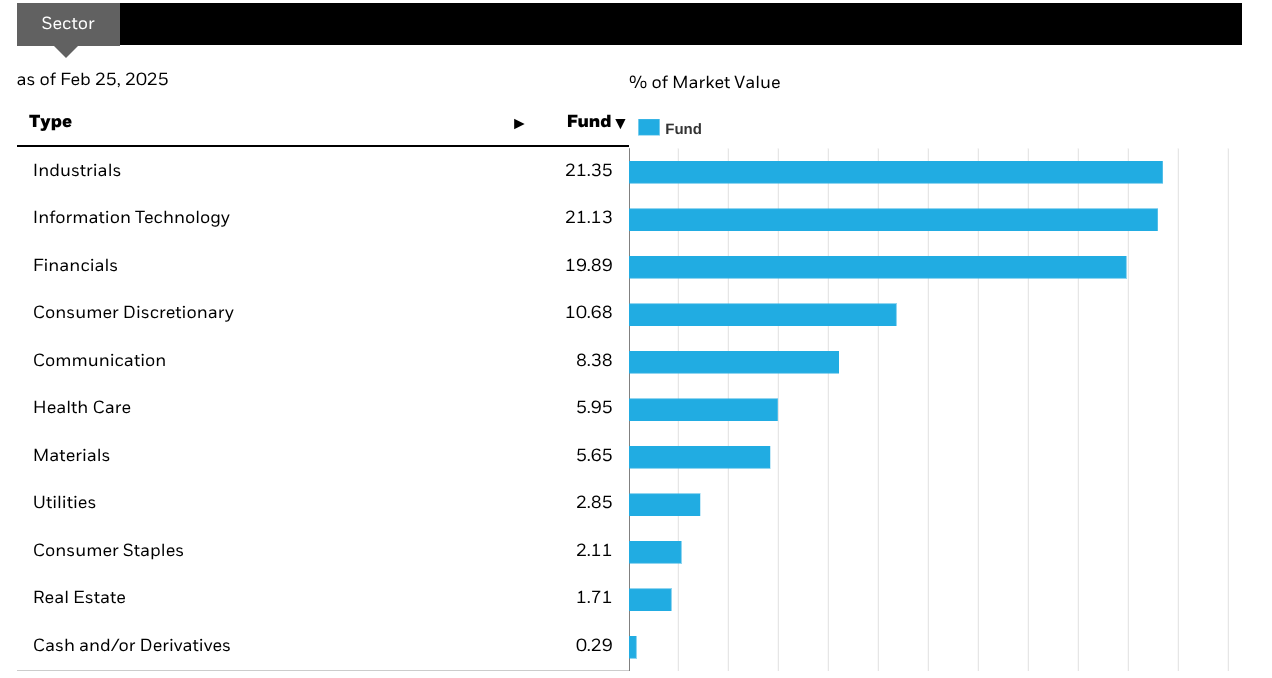[Intel Report] Strategic occupation by BlackRock
A stark warning of the silent takeover by financial giants, whose creeping influence could lead to an irreversible economic breakdown across Germany
Table of contents:
Introduction.
BlackRock’s German flag
The broader implications of a strategic occupation.
Friedrich Merz or the billionaire who wants your piggy bank.
The impact of the policies.
Investment dynamics in a global context.
Final considerations to avoid losing money.
Introduction
Europe’s financial markets are in constant motion—a dynamic dance of indices, corporate power plays, and shifting investor sentiment. Over the past few years, major players like the DAX and its international counterparts have captured headlines with their post-election recoveries and unexpected twists. Yet behind the scenes, corporate giants are reshaping the landscape.
In Germany, the drama takes on an especially intriguing character: BlackRock, the financial giant with control over trillions of dollars, is making its presence felt in the heart of Europe’s economy. Alongside, political figures like Friedrich Merz—renowned for their bold market ideas—are influencing how household savings are invested and how corporate decisions are made.
BlackRock’s German flag
A corporate takeover or just good PR? Picture this: a giant, invisible octopus. Now dress it in a tailored suit, hand it a spreadsheet, and give it control of $10 trillion in assets. That’s BlackRock for you—a financial kraken with tentacles wrapped around global markets.
But in Germany, this isn’t just another chapter in the corporate takeover playbook. It’s a full-blown economic miracle remix, where BlackRock isn’t just a shareholder—it’s the puppet master pulling strings from Frankfurt to Berlin.
Why Germany? Germany isn’t just the land of precision engineering, beer gardens, and questionable 2000s techno music. It’s also home to the DAX 40, a blue-chip index of corporate titans that form the backbone of Europe’s largest economy. Think of the DAX as Germany’s VIP club: Siemens, SAP, Deutsche Bank, and BASF are the bouncers. And guess who owns a golden ticket to every party? BlackRock.
As of 2023, BlackRock holds significant stakes in 30 of the 40 DAX companies. Let that sink in. This isn’t casual investing; it’s a strategic occupation. From manufacturing giants to financial institutions, BlackRock’s algorithms are the silent architects behind decisions that shape jobs, supply chains, and even climate policies.
Here a sample of the main positions of the current BlackRock’s German portfolio:
You don’t need a majority stake to wield power—just ask anyone who’s ever lost a family board game to a sibling with a sneaky strategy. BlackRock’s influence works through three levers:
Their Aladdin software—no, not the Disney version—manages risk for $21.6 trillion in assets. It’s like a financial Alexa that whispers, Buy Siemens, sell Deutsche Bank, to institutional clients.
With stakes in nearly every DAX firm, BlackRock votes on CEO pay, mergers, and ESG—Environmental, Social, Governance—policies.
BlackRock CEO Larry Fink once declared, climate risk = investment risk. Translation: German factories must go green or face capital flight—although the reasons are pretty different than climate risk 😮💨
BlackRock insists it’s a passive investor—no meddling, just portfolio optimization. But here’s the twist: passive investing is active power. By dominating index funds—which automatically buy DAX stocks—BlackRock becomes the default owner of corporate Germany. It’s like being the landlord of every apartment in Berlin… without ever fixing a leaky faucet:
Should a U.S. firm have this much sway over German jobs and innovation? BlackRock pressures DAX firms to cut emissions while investing billions in fossil fuels globally.
The joke tells itself... who the hell is ruling Europe? Economically, the Bundesbank—Germany’s central bank—manages monetary policy. BlackRock manages… everything else:
Interest rates: When the ECB hikes rates, BlackRock’s bond ETFs tank.
Corporate bailouts: During crises like COVID, BlackRock was hired to manage the ECB’s corporate debt buys. Suspicious? Just a tad.
Now that we’ve unmasked BlackRock’s German reign, let’s meet the billionaire politician who wants your savings account to fund his next yacht.
The broader implications of a strategic occupation
When one institution holds sway over a substantial portion of a nation’s blue-chip companies, the very concept of corporate independence can come into question. Decisions that were once the exclusive domain of corporate boards now reflect the analytical outputs and risk assessments generated by BlackRock’s systems.
When climate risk is on the agenda, BlackRock’s stance—that climate risk = investment risk—can push companies toward greener policies, even if those policies conflict with traditional business practices.
The growing influence of international asset managers like BlackRock also prompts a debate about regulatory oversight. In a globalized economy, should a foreign investor be allowed to influence the strategic direction of domestic companies?
Regulators must balance the benefits of efficient capital allocation with the need to maintain domestic control over key economic sectors.
Beyond immediate financial gains, BlackRock’s occupation influences long-term strategic policies in Germany:
BlackRock’s advocacy for green policies could lead to sweeping changes in how companies approach environmental sustainability.
With its decisive voting power, BlackRock can encourage changes in executive compensation and board composition that may enhance shareholder value but also centralize decision-making.
The firm's vast holdings ensure that its strategic preferences ripple through the market, affecting everything from investment trends to corporate mergers.
So the question here is: What This means for the future?






